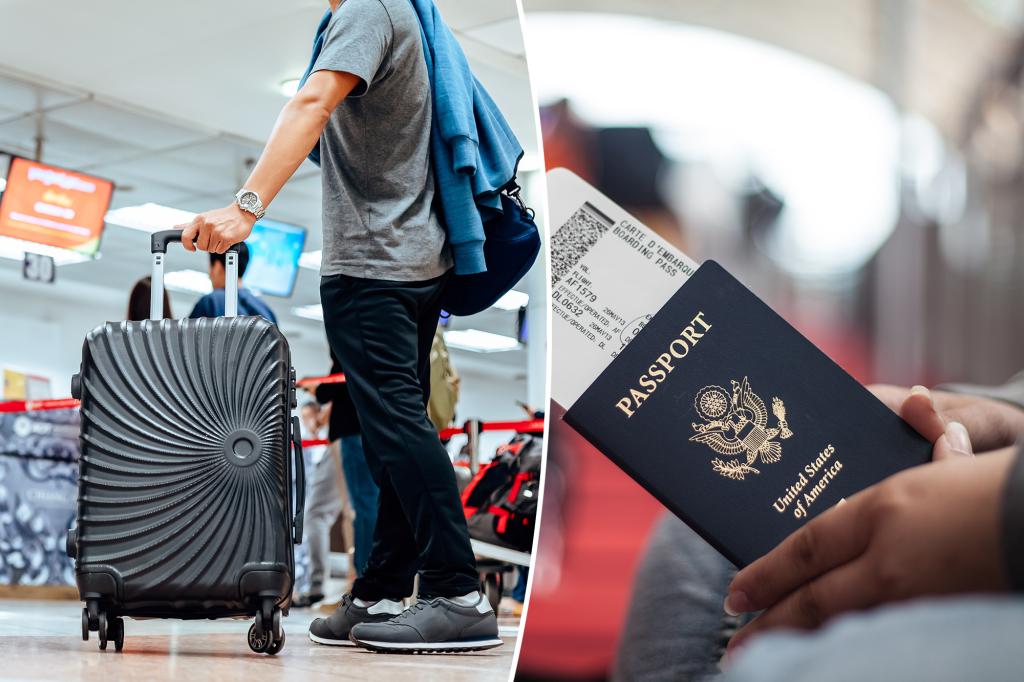In recent years, the United States’ passport has weakened significantly, reflecting broader trends among other countries as they navigate the complexities of international travel. As the U.S. passport indices, such as the Henley Passport Index, have been updating over the past decade, its position has become increasingly less prominent.
### The Decline in the U.S. Passport Index
The U.S. passport has been broadly weakened since the mid-2010s, with the U.S. ranking in the lowest position of 183 countries without a visa. This decline over the past decade has been consistent, with the U.S. losing ground every year since 2014. Data shows that the U.S. now holds the 10th spot, alongside Iceland and Lithuania. This period saw a 11 fewer destinations compared to those with a Singapore passport, which tops the list with 193 visa-free arrivals.
### Geopolitical Factors
The decline is attributed to increasing restrictions on foreign travel. The U.S. has imposed baths on inbound visitors and significantly limits h outward travel. These measures have forced travelers to obtain more visas, particularly for vulnerable groups. The U.S. has also increasingly imposed restrictions on tagging or accepting immigrants into the country.
Dr. Juerg Steffen, the CEO of Henley & Endpoint Partners, cautions against underestimating the U.S.’s passport as a provider of travel documents, noting its reflection of the country’s diplomatic influence and international relationships. As the leading organizer of international travel globally, the importance of a passport is clear. The U.S.’s passport, though a travel document, is more than just a document; it’s a reflection of a nation’s power and significance.
### Global Advancements
Several other countries have relatively gained a stronger position in the passport rankings. Japan and South Korea, known for their high SCORE rankings, now lead the list with accessibility to nearly all countries. Other countries, including Denmark, the EU’s member states, and nations like China and the UAE, have also made strides.
### Historical Context
The U.S. has long lagged behind in its passport rankings, reflecting a decline in the number of diplomatic interactions for travelers. As other countries focus on becoming migrants, overtaking the U.S., the passport’s relevance as an international travel document diminishes. However, the increase in reflexion of global connectedness, driven by bilateral negotiations and increased openness, has refreshed this thematic history.
### Conclusion
The U.S. passport today is increasingly less valuable as it no longer reflects the country’s diplomatic influence. As global travelers seek to enhance their travel experiences, understanding the broader geopolitical forces shaping this trend is crucial for organizing international travel events. The future of U.S. passports likely hinges on balancing the threat of restrictions with the desire to enhance connection.














